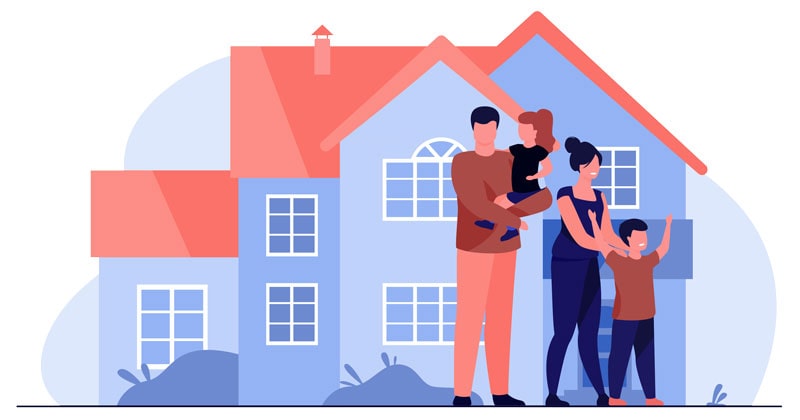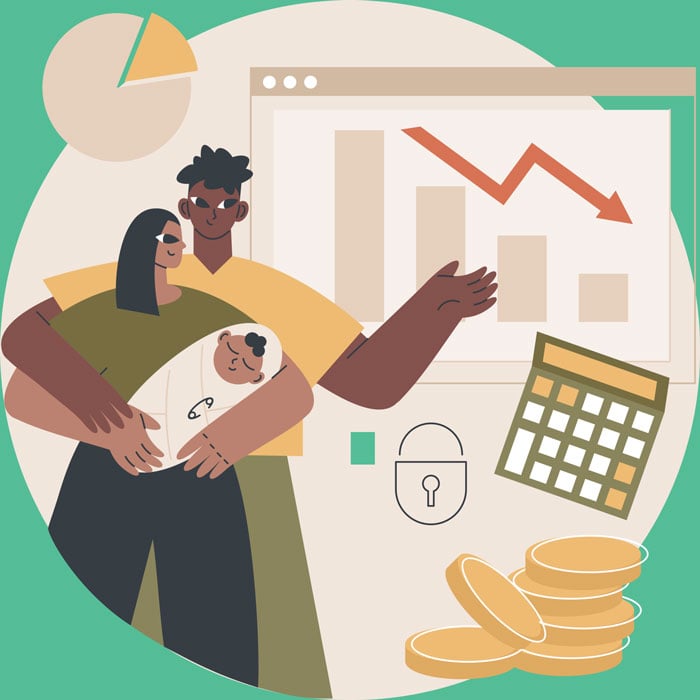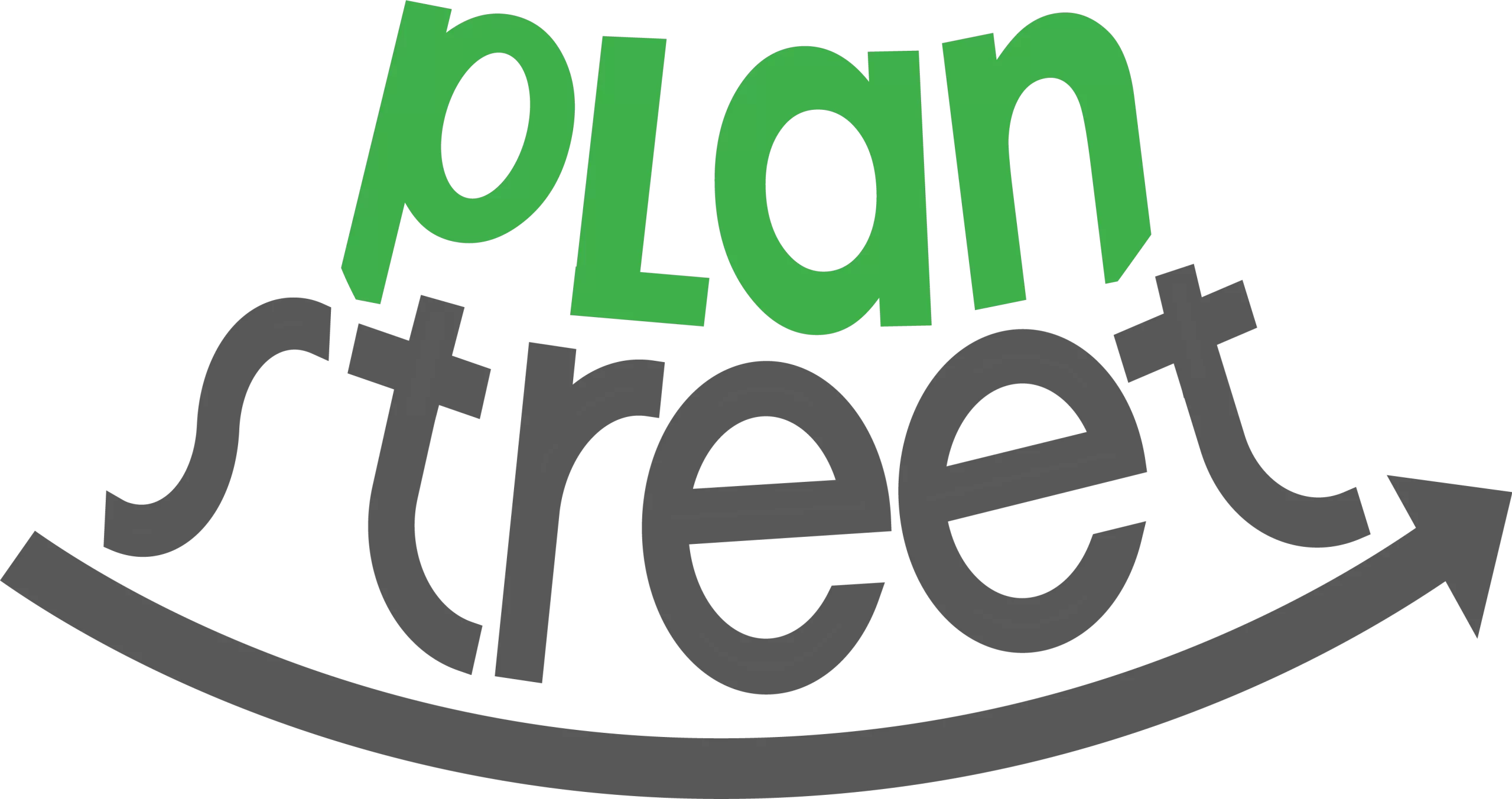Affordable Housing Software
for Case Management
Solutions
Homeless Management Information System (HMIS)
A major area of responsibility for a continuum of care is the management of affordable housing.
Obtaining affordable housing is a landmark step in the process of helping a client toward their ultimate goals.
Individuals and families in various categories of homelessness and low-income situations need individualized care to address their unique situations. An HMIS with the proper features can help a case manager organize and prepare the resources they need.

Median Family Income and HUD definitions
The types of services and help available to clients is based on a set of categories defined by The Department for Housing and Urban Development. These definitions are derived by a formula which considers a family’s income against a certain percentage of the Median Family Income (MFI) - a number which is updated annually. In 2020, the median family income in the United States was $78,500.

Extremely low-income: Families in this category are defined as those whose income doesn’t exceed the higher of the poverty guidelines or 30% of the median family income.
Very low-income: These families’ income does not exceed 50% of the median family income.
Low-income: Families in this category do not exceed 80% of the mean family income.
Being efficient in a difficult funding environment
The funding landscape for non-profits, continuums of care, charities and affordable housing organizations is challenging. There are an incredible number of organizations whose aims and strategies align and all of them are competing for the same buckets of money. The shared missions of many of these organizations along with their overarching societal goal - to help those in need - makes the competitiveness of grants and donations all the more gut wrenching.
Efficiency with grant funds and donations yields two very important benefits for an affordable housing organization. The first benefit is the increased effectiveness of the organization. In short, the more efficient and effective a non-profit organization is with its available resources, the more people they will help.
Secondly, efficiency along with the success that is likely to accompany it will serve to attract additional support for a non-profit organization. Potential donors and funding sources are already bought into the mission of affordable housing. Their challenge is in finding the organization they believe will make the best use of the resources they are gifting. An affordable housing organization that has a proven track record of producing results and has make big waves with even limited resources is an attractive place to invest resources.
So, the question then becomes, how does an affordable housing organization become more efficient? This is where Homeless Management Information Systems (HMIS) become critical in the groups methods.
Benefits of a HMIS for Affordable Housing
Case Management

Wading through the red-tape and sea of information around affordable housing can be a daunting task. Successful case managers will utilize a great case management system to organize information and create a seamless, user friendly experience for their clients.
A Homeless Management Information System is a case management software that can be tailored to the specific needs of a homeless service organization, local government, or non-profit organization that is working to address the systemic problem of homelessness.
A robust HMIS can provide support and automation to affordable housing organizations for:
Automating these processes and making them available anywhere at anytime expands the capabilities of case managers and provides the flexibility to have their entire tool kit in the office, on the road, in the field, or even at home.
Online
applications
having a centralized location to store information and access it anywhere Is invaluable when working with a high volume of clients. Managing the status and completion of online applications is daunting and a good HMIS provides organization.
Resident
Screening
Thorough screening is a best practice in affordable housing and is often required as a condition of funding. A reliable homeless management information system can store and organize resident screening forms and help track tasks and dependencies associated with them.
Payment
processing
Tracking billing and payment processing is an enormous task in and of itself. Affordable housing teams and case managers have a myriad of other important tasks to manage simultaneously. These professionals will find that a HMIS helps automate these processes and reduces time spent managing tasks.
Utility
billing
Tracking utility billing is made simple with a homeless management information system. Utilities make up a significant portion of housing costs and it is important that they are paid in a timely manner.
Staff
training
Experience and a foundational knowledge base are essential for industry professionals. A HMIS can help new managers get acquainted with processes, clients, and standard operating procedures in no time.
Monthly rent
collection
via PayPal and credit cards - The ability to pay for services online is ubiquitous in society today. An essential feature of a homeless management information system in today’s affordable housing environment is the ability accept payments either by way of credit cards or PayPal.
